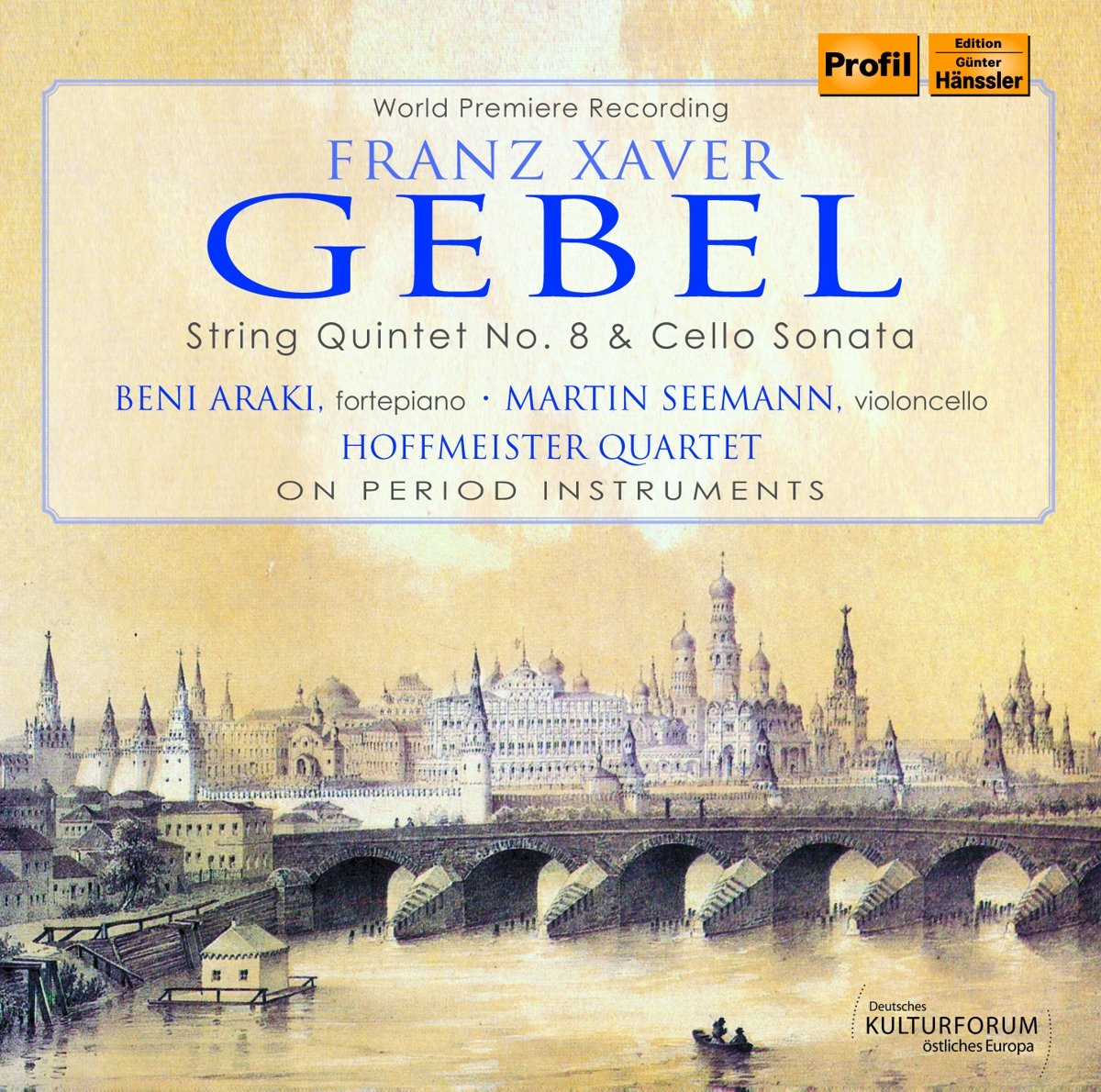Composer :
Wenzel Heinrich Veit (19 January 1806 - 16 February 1864)
Performer : Kertesz String Quartet
Label : Tocatta Classic
Date : July 2018
BUY IT HERE
Another unknown string quartet from early Romantic composer resurrected. This is from Czech composer, Wenzel Heinrich Veit (19 January 1806 - 16 February 1864). There are two volume of his string quartets being recorded by Kertesz Quartet from UK. This is indeed their world premiere recording of Veit's String Quartet.
As I listen to their sample, these are beautiful piece. The string quartet in D minor IV Finale Presto, provided an energetic piece. There is actually distinguished style from the composer which I really think not very much influence by his contemporary. There aren't Beethoven, Mendelssohn or Schubert attached to the music. This is quite original by itself.. The other quartet that in sample is String Quartet no. 2 in E Major, III. Scherzo movement. This one sound very grande as it is composed to be played in large concert room. I listen to this and feel like a big orchestra accompanying a scherzo dancing crowd. Very tasteful.
The two volume of Wenzel Heinrich Veit are :
Vol. 1
String Quartet No.1 in D minor Op.3 (1834)
1. I. Allegro moderato 09:54
2. II. Menuetto: Allegretto 06:16
3. III. Hymne russe: Andante con moto 08:24
4. IV. Finale: Presto agitato 07:06
String Quartet No.2 in E major Op. 5 (1835)
5. I. Introduzione (Sostenuto) - Allegro vivace 09:37
6. II. Adagio cantabile quasi Andante 06:33
7. III. Scherzo: Presto 05:50
8. IV. Rondo: Allegro non tanto 08:41
Vol . 2
String Quartet No.3 in E-Flat Major, Op. 7 (1838)
1. I. Allegro moderato e patetico 09:50
2. II. Menuetto. Allegretto 05:40
3. III. Andante 07:30
4. IV. Finale. Allegro molto 09:12
String Quartet No.4 in G Min, Op.16 (1840)
5. I. Allegro molto ed appassionato 10:01
6. II. Menuetto. Allegretto ma non troppo 04:25
7. III. Adagio 10:14
8. IV. Allegro assai - Andante con moto (Air de Bohème) - Allegro assai 09:50
tag: wenzel heinrich veit string quartet review, forgotten string quartet, romantic string quartet release 2018

















